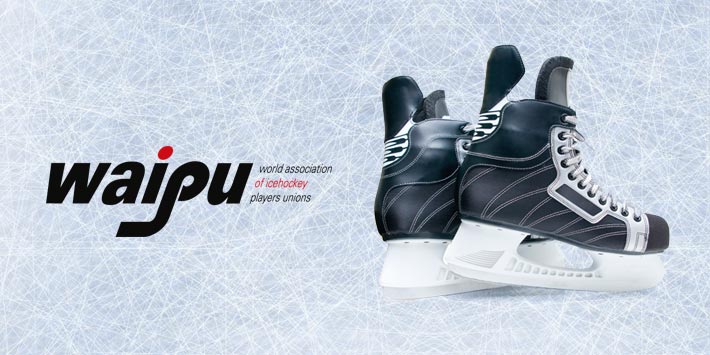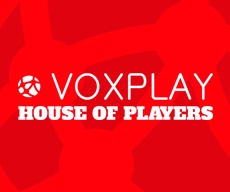Social Dialogue

On the 1st of December 2009 the Lisbon Treaty came into effect providing a legal basis for sports in the EU territory.
Article 165 gives reference to amateur sports as well as professional sports and enables the EU to adopt measures and recommendations in the field of sport. This article emphasizes that those measures are to be taken in accordance with the ordinary legislative procedure. What does this mean for professional sports, especially for ice hockey?
Article 165 of the Lisbon Treaty does not imply that sports bodies can take measures that diverge from community law and regulations. Any measure taken has to be within the boundaries of EU legislation. Sports has it’s own specificities just like other branches of industry.
Particularly the stability of contract and the transfer systems are items that have to receive special attention.
WAIPU wants to establish a European Social Dialogue in professional ice hockey as it is already the case for professional football. It goes without saying that all new items concerning the legal position of professional players have to be discussed and agreed at this level before they can be addressed on European Union level. As the treaty itself indicates that the ordinary legislative procedure has to be followed, it now is more than before evident that sports bodies like the IOC and/or the Olympic Movement cannot directly address the European Union nor the Commission on subjects that involve professional players in order to have new measures implemented. The natural counterparts in this discussion are WAIPU and other associations for professional athletes.
We have to be very careful in recognizing specificities within the European Union as too many specificities will decrease it’s unity and power’, says Dr Lucien W. Valloni, president of WAIPU. ‘In principle we see the relationship between a club and a professional player as a normal labour agreement. It has been proven that this approach works within the framework of European labour law.’



